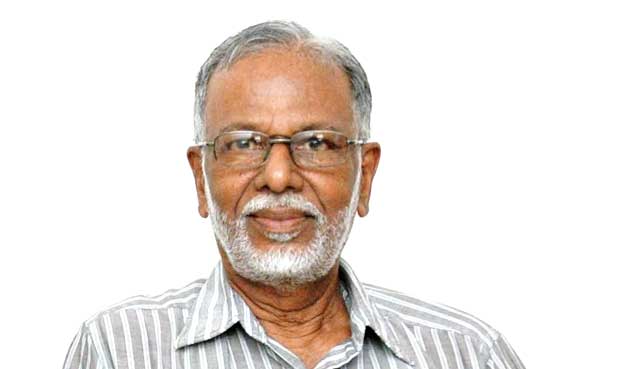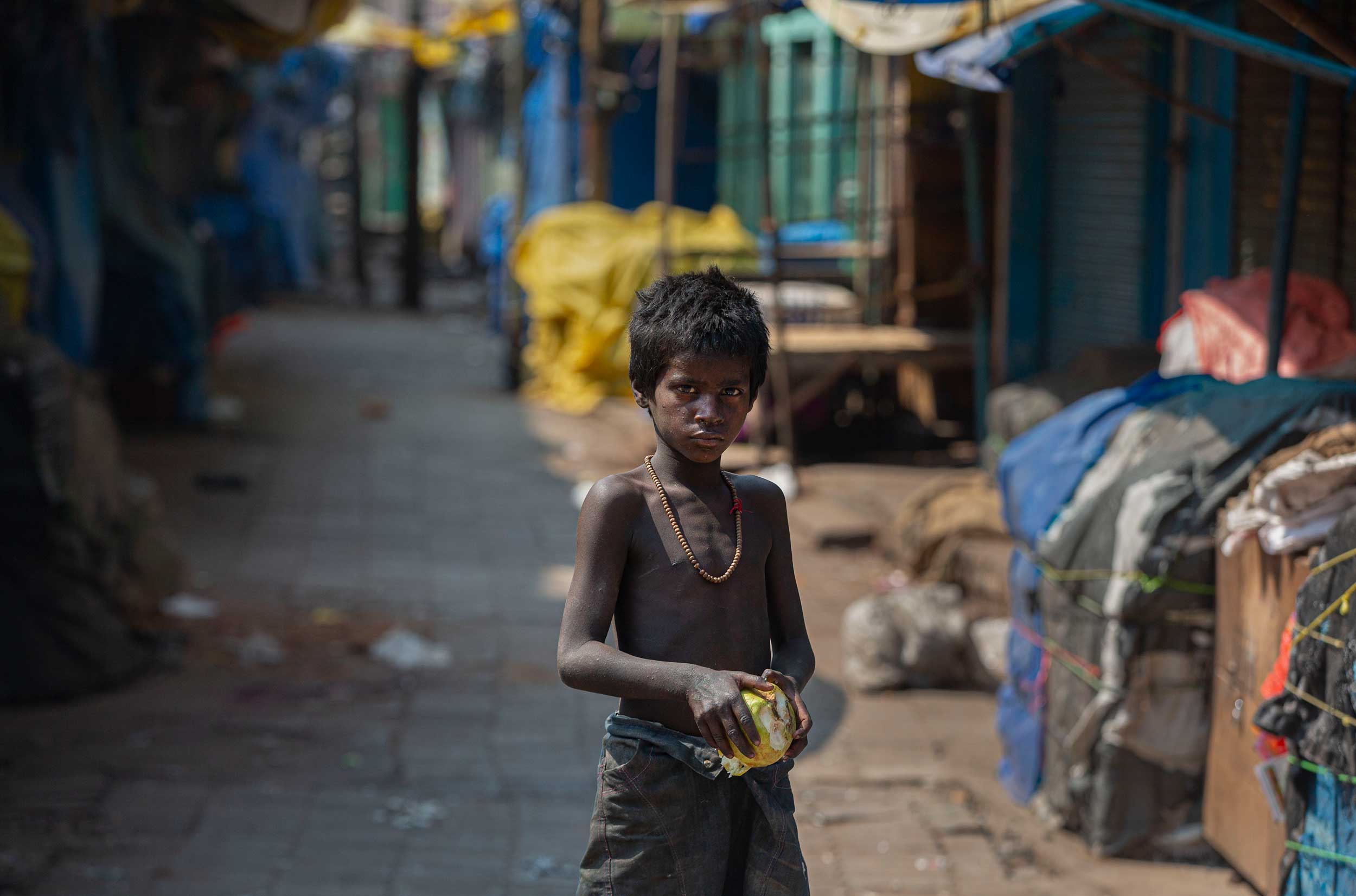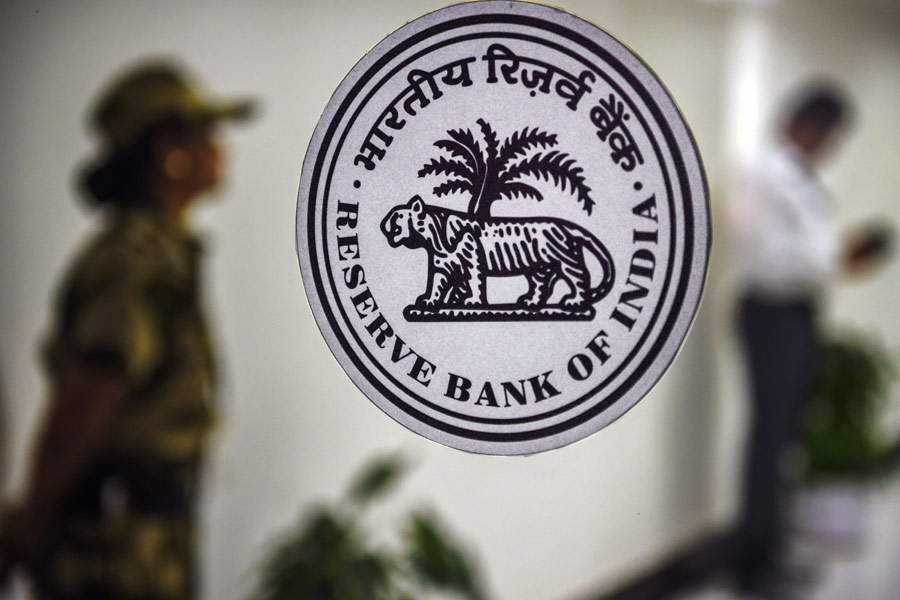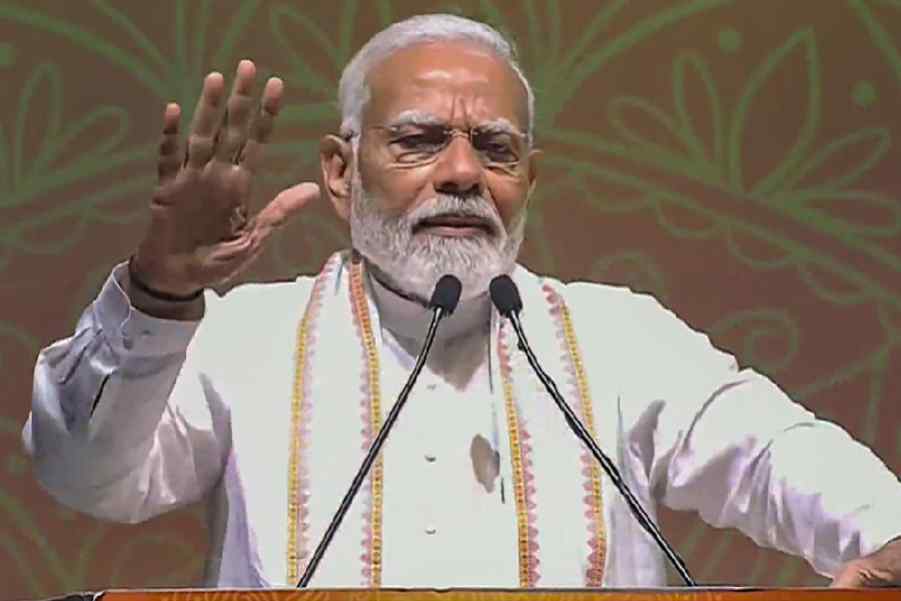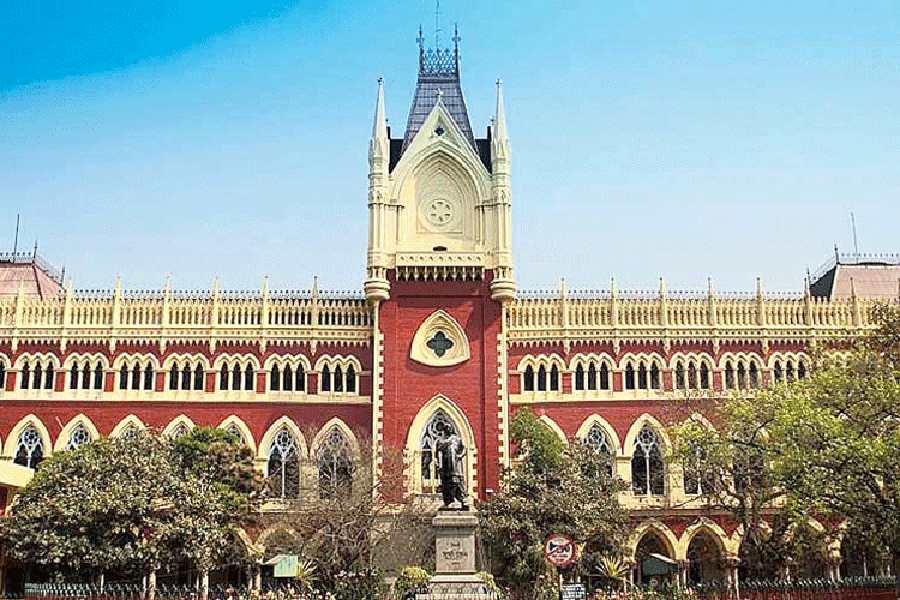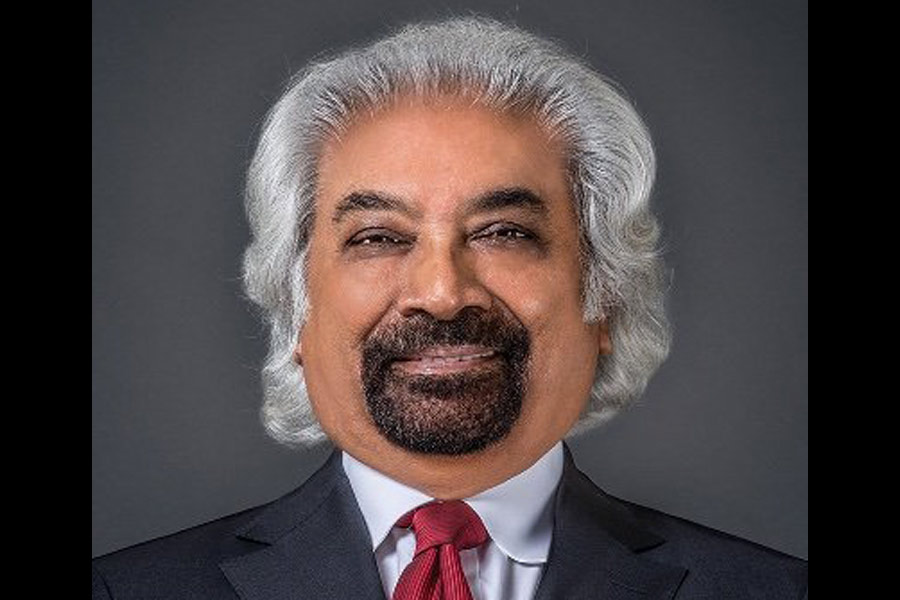The success of India’s 21-day lockdown will hinge on how effectively and quickly the country’s health system can detect and isolate persons already infected with the novel coronavirus who could create new clusters of infections in their households, a medical virologist has cautioned.
Dr Thekkekara Jacob John, an emeritus professor at the Christian Medical College, Vellore, who has been tracking the Indian government’s response to the expanding pandemic, is worried about India’s capacity to “pick up these clusters across the country” in time to make the lockdown a success.
John, an authority on paediatrics and virology who has in the past advised the World Health Organization and the Indian government on polio, among other infectious diseases, spoke to The Telegraph about these concerns.
Q: How do you think the 21-day lockdown will help as a countermeasure to the coronavirus?
John: The lockdown will certainly slow down the virus transmission in the larger community. But we have no idea how many people in the country have already been infected. Even while remaining home, if a few are infectious, they could pass on the virus to their household members. So the lockdown could have this effect of confining the clusters of infections — perhaps one or two, or five or 10 persons — within households wherever they are. It is critical for the health system to pick them up effectively within the 21-day window.
Q: Doesn’t the lockdown assume that the health system is geared up to do exactly this — pick up as many infected persons as possible from their homes and isolate them?
John: Yes, I do hope so, but has the public been adequately informed? Do all people in every location know exactly what to do if they develop the tell-tale symptoms of cough, fever and difficulty in breathing? Do they know whom to call? It is not easy to reach the helpline number, which is constantly busy. Are all our district administrators and medical officers across the country ready and on the lookout for infections? Are labs ready to test collected samples?
The success of the lockdown will depend on how effectively and quickly the health system detects and isolates in hospitals all infected people.
Q: What happens if some or many of the infected persons are not isolated within these 21 days?
John: Those who have not been isolated will come out and mingle with the susceptible population. The virus will spread again. We would have slowed down the virus, but depending on how many people are infectious, we will see a rise in numbers again.
Q: Are there lessons India could draw from China? For instance, China had also introduced lockdowns in Wuhan and has now claimed success in containing the virus.
John: The lockdown in China was backed by adequate government planning and monitoring of the population, while ensuring that people had access to basic essentials. Their lockdown was of longer duration too. They could change the course of the epidemic.
India seems to be imitating only one part of the solution — the lockdown. But China also helped its people under the lockdown to procure food and other supplies, ensured adequate monitoring of the population so that anyone who developed symptoms would be tested immediately and isolated. Instead, our lockdown announcements appeared to be abrupt.
We were first asked to prepare for a single-day Janata Curfew on Sunday March 22. On Monday, the lockdown was expanded to 80 districts for one week. On Tuesday, the lockdown is expanded to the entire country. Is this a planned response? It doesn’t seem so to me. It looks like the government itself has panicked.
Q: How could things have been done differently?
John: The government should have prepared the public, district administrators and law enforcement agencies across the country as well as public and private hospitals to prepare for the lockdown and the difficult task of detecting and isolating as many infected persons we can.
We are already seeing the impacts of an unprepared administration. There are some reports of police beating up food suppliers and vegetable vendors who are part of essential services.
Many families have patients with chronic illnesses who need to access doctors and hospitals. How do patients on dialysis reach hospitals? Have all these things been thought through? What about deliveries, immunisations, acute illnesses? What about TB patients on treatment from government hospitals? What happens if someone develops chest pain, a heart attack? Typhoid fever? Child with acute diarrhoea or appendicitis? What about deaths during these 21 days and funerals?
Everything is made twice: once in the mind and then on the ground. If the first is missed, the second will not succeed.
Q: How do you view India’s battle plan against the novel coronavirus? Some virologists have predicted that the world, including India, may need to learn to live with Covid-19. What do you think will happen?
John: Consider this a pandemic influenza -- by a coronavirus. All flu pandemics have evolved into globally endemic infections after the initial wave. One flu virus causing pandemic can replace its predecessor -- by competition.
This pandemic has no predecessor to replace. In all probability it will become pan-endemic. It will not do hara-kiri. So we will have to learn to live with it. We hope a vaccine will be available in due course. But, we do have a flu vaccine, but no policy to control flu. Familiarity breeds tolerance.
As increasing proportion of people get infected, all survivors will hopefully be immune. When the majority is immune, the virus spread automatically slows down.
In China, even without the majority getting infected, the spread of the coronavirus has been ‘brought down’ by public health management. What that magical management is, they are not telling the world. Their total burden of infection has been less than 1 per cent. So they seem to claim that they contained it -- decline was not ‘natural’. I take that with a spoonful of salt. Truth shall emerge one day, I hope.

